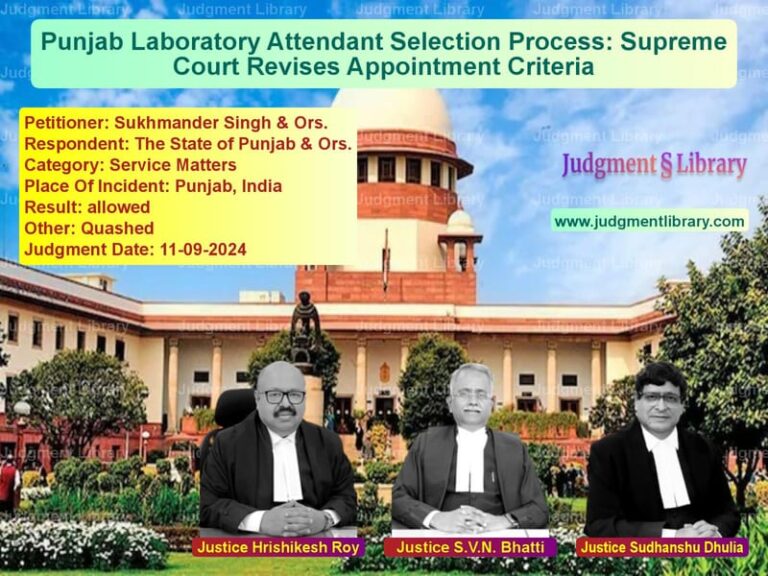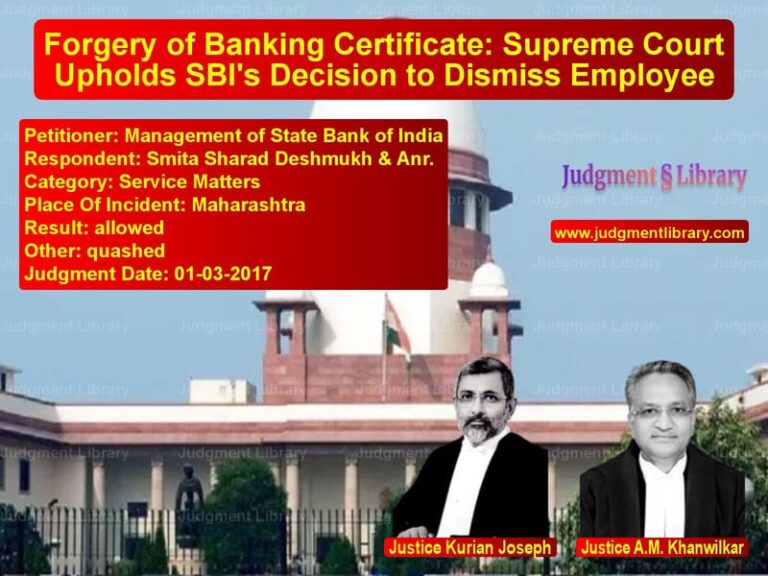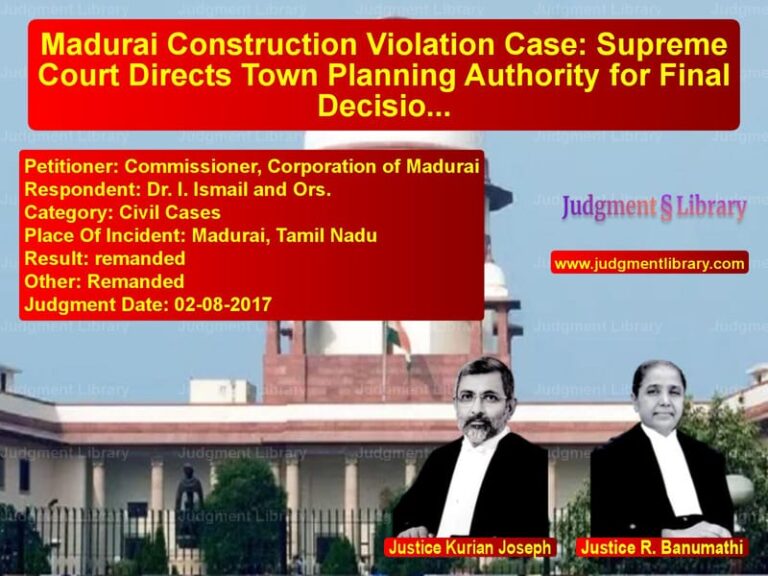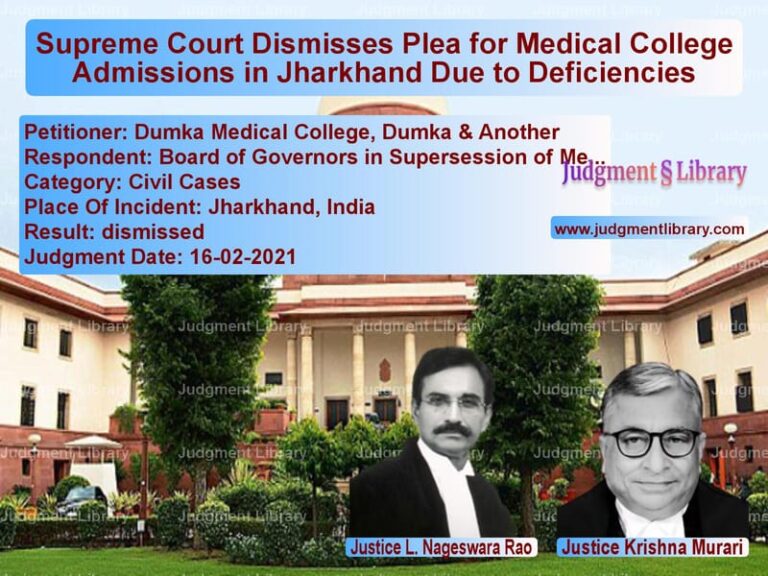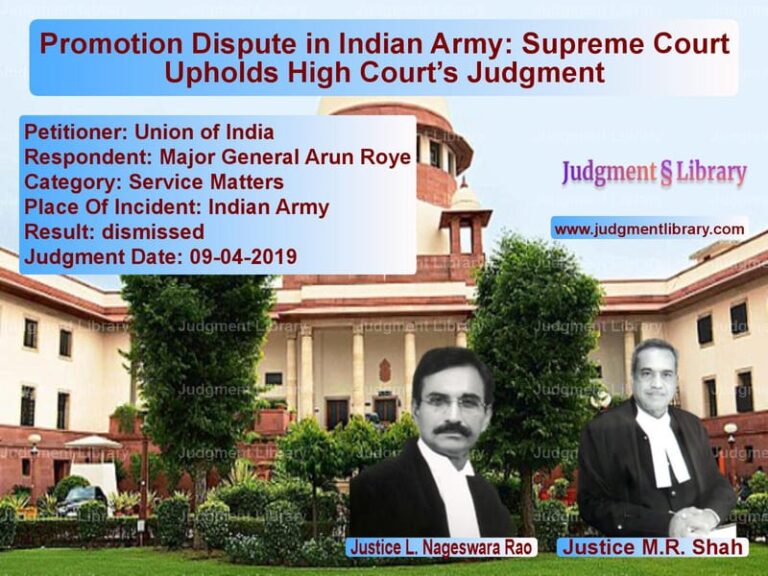Manish Sisodia’s Bail Plea Rejected: Legal Battle in Corruption and Money Laundering Case
The legal proceedings surrounding Manish Sisodia, the former Deputy Chief Minister of Delhi, have garnered significant attention as he sought bail in cases related to corruption and money laundering. The Supreme Court, in its detailed judgment, refused to grant bail, emphasizing the gravity of the allegations against him. This case stems from the alleged scam in the Delhi Excise Policy, with accusations involving illegal financial gains, policy manipulation, and money laundering.
At the core of the case, the Central Bureau of Investigation (CBI) and the Directorate of Enforcement (DoE) have alleged that Sisodia played a pivotal role in drafting a liquor policy that enabled specific private players to gain undue financial benefits. According to the prosecution, the increased profit margins allowed to wholesale distributors resulted in illicit kickbacks amounting to Rs. 100 crores, some of which were allegedly used for election-related expenditures in Goa by the Aam Aadmi Party (AAP).
Arguments by the Petitioner – Manish Sisodia
The defense team, representing Sisodia, put forth multiple arguments challenging the allegations:
- Unlawful Detention: Sisodia has been in custody since February 26, 2023, without the trial having begun. His counsel argued that prolonged detention without conviction violates his fundamental rights.
- Validity of the Excise Policy: The defense maintained that the new excise policy was legally approved after due deliberation by the Cabinet and other government authorities, emphasizing that the policy was meant to enhance transparency and revenue collection.
- Weak Evidence: The allegations of money laundering and bribery were described as baseless, with no substantial documentary evidence connecting Sisodia to illicit transactions. The defense pointed out that statements from co-accused and approvers were obtained under duress and should not be relied upon.
- Comparison with Co-Accused: It was argued that other individuals accused in the case, such as Rajesh Joshi and Gautam Malhotra, were granted bail, and Sisodia should receive similar treatment.
- Alleged Destruction of Evidence: The prosecution claimed that Sisodia destroyed two mobile phones to erase evidence. His defense countered that changing mobile phones frequently is common and does not indicate guilt.
Arguments by the Respondents – CBI and DoE
The prosecution, represented by the CBI and DoE, presented a strong case against granting bail:
- Financial Gains from Policy Manipulation: It was argued that the wholesale distributors’ profit margins increased from 5% to 12%, resulting in undue financial benefits amounting to Rs. 581 crores in less than a year.
- Kickbacks and Bribes: The prosecution alleged that Rs. 100 crores in bribes were paid by liquor wholesalers, with a portion of the amount being funneled into AAP’s Goa election campaign through a complex money laundering process.
- Constructive Possession of Proceeds of Crime: The Enforcement Directorate contended that Sisodia played a key role in the entire money laundering process and was in constructive possession of the proceeds of crime.
- Influence Over Witnesses: The prosecution highlighted the risk of Sisodia using his political influence to tamper with evidence and intimidate witnesses if released.
- Mobile Phone Destruction: The prosecution emphasized that Sisodia deliberately destroyed evidence by discarding two of his mobile phones used during the policy formulation period.
Key Observations by the Supreme Court
The Supreme Court, in rejecting the bail plea, made several critical observations:
- Nature of the Offense: The court noted that economic offenses involving corruption and money laundering have serious consequences for public trust and governance.
- Right to a Speedy Trial: The bench acknowledged concerns over prolonged incarceration but stated that the trial must proceed efficiently to ensure justice.
- Weakness in Prosecution’s Case: The court pointed out certain inconsistencies in the prosecution’s arguments, particularly concerning the exact quantum of money allegedly laundered.
- Possibility of Future Bail: The court allowed Sisodia to reapply for bail if there were undue delays in the trial or in case of medical emergencies involving his wife.
Conclusion
While the court refused bail at this stage, it left the door open for a future bail application, particularly if the trial does not progress expeditiously. The case against Manish Sisodia involves complex legal issues concerning corruption, money laundering, and misuse of official positions. The final outcome will depend on the evidence presented during the trial. For now, the legal battle continues, with Sisodia remaining in judicial custody.
Petitioner Name: Manish Sisodia.Respondent Name: Central Bureau of Investigation.Judgment By: Justice Sanjiv Khanna, Justice S.V.N. Bhatti.Place Of Incident: Delhi.Judgment Date: 30-10-2023.
Don’t miss out on the full details! Download the complete judgment in PDF format below and gain valuable insights instantly!
Download Judgment: manish-sisodia-vs-central-bureau-of-in-supreme-court-of-india-judgment-dated-30-10-2023.pdf
Directly Download Judgment: Directly download this Judgment
See all petitions in Money Laundering Cases
See all petitions in Fraud and Forgery
See all petitions in Bail and Anticipatory Bail
See all petitions in Judgment by Sanjiv Khanna
See all petitions in Judgment by S.V.N. Bhatti
See all petitions in dismissed
See all petitions in supreme court of India judgments October 2023
See all petitions in 2023 judgments
See all posts in Criminal Cases Category
See all allowed petitions in Criminal Cases Category
See all Dismissed petitions in Criminal Cases Category
See all partially allowed petitions in Criminal Cases Category


